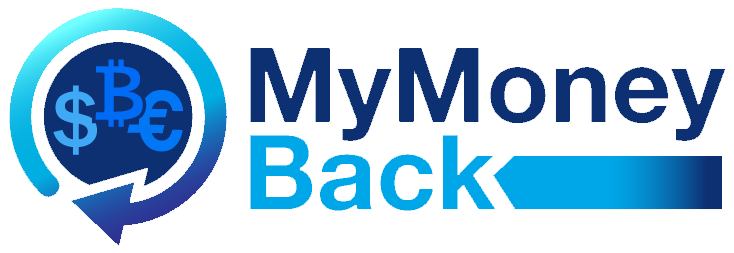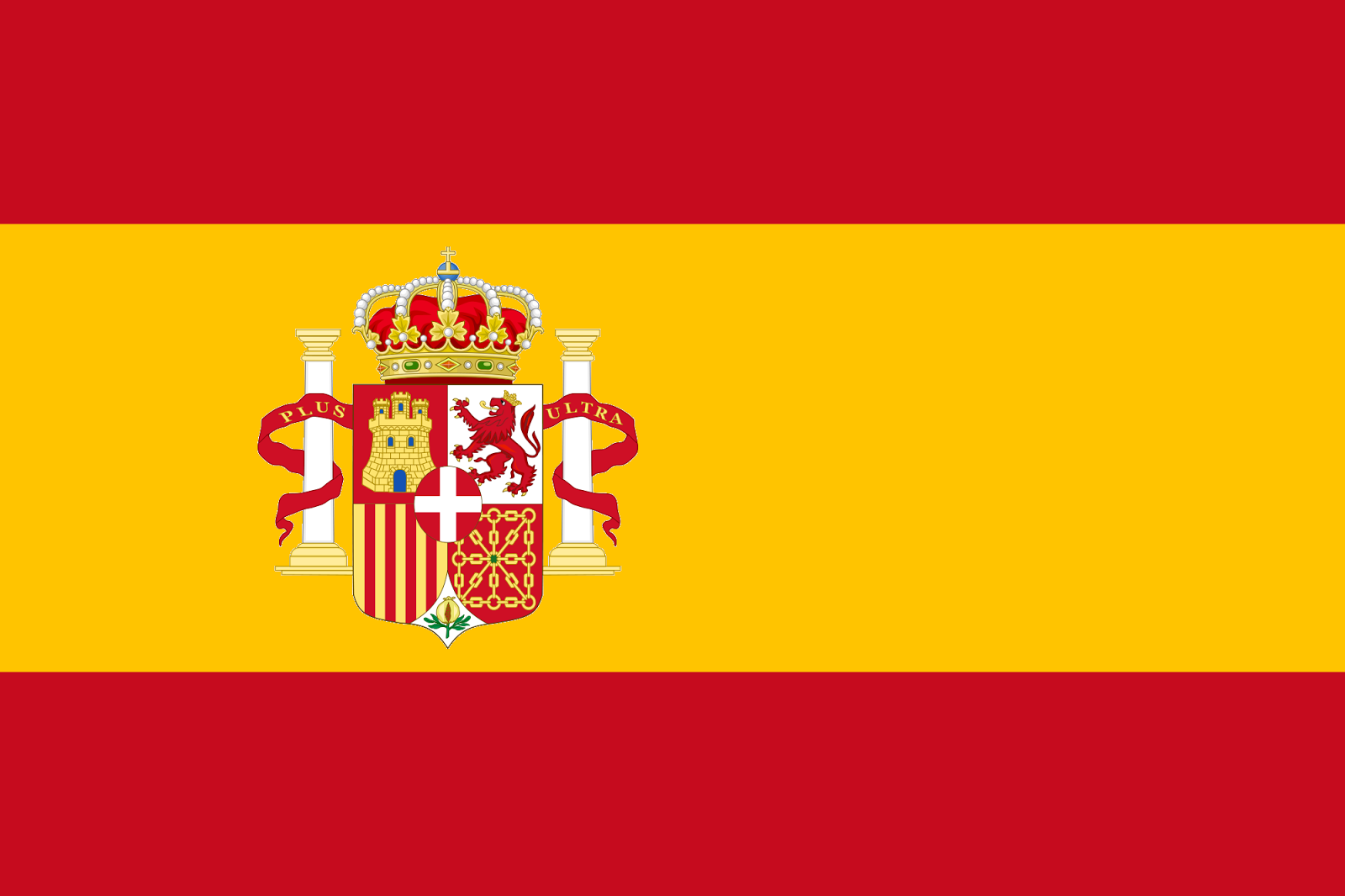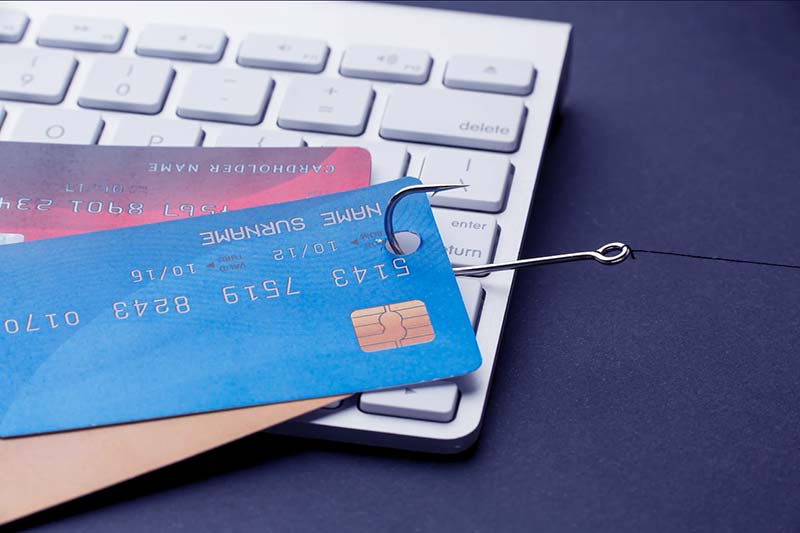The world has gone digital and with it, so have our financial systems. You can make payments online, transfer money to someone, or simply check up on your credit information, all with a click of a button. However, the risks of financial scams have also grown with this digitalization.
Financial fraud can happen to you any time, anywhere. There are many forms of financial scams that you can run into while threats are becoming more and more sophisticated. So, how to protect yourself from scams. Well, there are a few steps you can take to protect yourself from getting scammed, and that is exactly what we are going to help you with today.
Be Careful Who You Share Your Information With
You need to be careful about the information you share online or via calls to your office network. Check the sources behind the call or email asking you to share your sensitive information and only give out the information once you know it’s a trusted source and one that won’t scam you.
Most scammers will manipulate emails and phone calls to make them appear to come from trustworthy sources, so you should always check twice.
Protect Your Sensitive Information Online
Next, you want to ensure your personal information, such as your log-in details or financial information, is guarded. Avoid entering your information into public computers, which can capture any information you entered, such as your credentials. All a hacker would have to do is install a keylogger application into the PC that would capture every password typed into the computer.
Moreover, public networks are more easily compromised; this is why you should avoid logging into sites, conducting private transactions, or entering your credit card information through public computers. Similarly, you should have cybersecurity measures in place for your own network that can filter out suspicious activity.
Monitor Your Bank Account Activity
You should log into your bank account app daily and check your account activity and overall balance; this way, you can instantly recognize any unauthorized transactions that you weren’t aware of.
You should also make sure your bank app sends you regular notifications and emails for each transaction from and to your account. Similarly, you should always have two-factor authentication on all your accounts and should do the same for all transactions.
Shred Documents Having Sensitive Information
You shouldn’t be throwing out your bills or credit offers, deposit slips, or any other document carrying sensitive information. Anyone can get ahold of your personal information this way, and you can become a victim of identity theft.
You should store your deposits and checks to tally with your monthly statement and then shred them before discarding them.
Look Out for Suspicious Websites
You must also be careful while you browse the internet. Look out for suspicious websites that don’t have “HTTPS” this is a clear indicator that you are linked to an unreliable source, and you should shut down the website immediately. Websites with the “-s” in their HTTPS URL indicate that the website is secure. Moreover, don’t click on unknown links you find online that might download malicious software into your PC.
Check Your Credit Reports
Checking your credit reports on a regular basis is a good habit and will help you catch sight of any fraudulent activity on your account. You should be reviewing your credit reports at least once a year. This should also help you detect any inaccurate or incomplete information at your end. Federal law states that you should be able to pull your own credit report at least one time a year for free; other providers might charge a fee. Regardless, you should check your reports whenever possible.
Never Provide Your Social Security Number
Identifying scammers can be difficult at times; they could pretend to be from an organization you know or pretend they are working with the government and require that you share your social security number. Never share your SSN because anyone could open credit accounts in your name and steal your identity. It becomes hard to recover your credit score if your identity is compromised.
Moreover, they can begin using credit or benefits such as Medicaid or EBT linked to your SSN. You might not even be aware of this until you get your credit reports.
There you go, now you know how to protect yourself from financial scams. Use these tips to stay safe and avoid financial scams.


